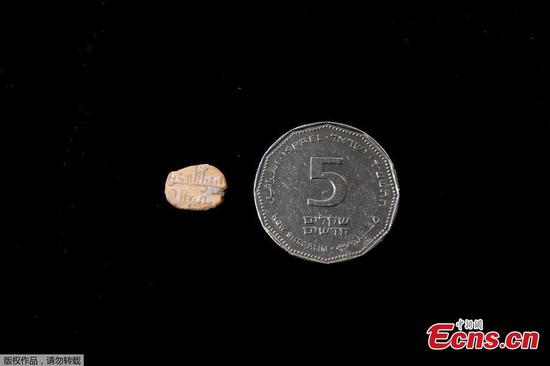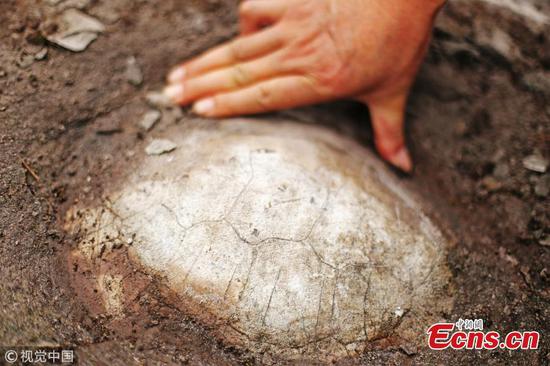New system won't have an impact on housing prices: experts
China's nationwide immovable property registration information system has been established and become fully operational, China Media Group (CMG) reported over the weekend, fueling speculation that the country's property tax will debut soon.
Experts said the nationally connected system will help anti-corruption efforts but will have a modest effect on home prices.
According to the CMG report on Sunday, which was also showcased on the website of the country's newly formed Ministry of Natural Resources (MNR), the ministry's 38,000 service windows in 335 cities provide registration services for 300,000 companies and citizens on a daily basis.
Yan Yuejin, research director at Shanghai-based E-house China R&D Institute, told the Global Times that over the long term, if the property tax mechanism can successfully utilize the home ownership registration system, it will be able to prevent runaway growth in housing prices.
"However, the property tax is not likely to land in the short term and 2020 would be a riper timing for it," Yan said, citing the slow progress in lawmaking and tax reforms - prerequisites for the implementation of such a tax.
The media report said it will not have a pronounced impact upon housing prices, which had been a concern for many.
Song Ding, a research fellow at the China Development Institute, said there had been speculation that pressure from property market exposure and the impending property tax would cause some people with multiple property holdings to dump their homes onto the market, causing a splash and leading home prices to drop.
Song noted that as talk of the nationally connected system has been flying for quite some time, "people who really need to sell have already emptied their stocks."
"The remaining ones, with multiple holdings but from legal sources, are likely to choose to keep their holdings," he said.
China issued a draft regulation on immovable property registration on March 1, 2015 to start its campaign to register property ownership. The move was followed by a detailed guideline policy issued on January 1, 2016 to implement the drive at the grassroots level.
The registration system will also help clarify the ownership of land and rural property.
Yan said nationally connected information on property rights is conducive to gathering basic information and will help authorities get a clear understanding of property ownership.
"Property corruption includes opaque property ownership, multiple property holdings and illicit funding for property ownership," Yan said.
Corruption-busting officials can quickly get information on an individual's property holdings from the database, which will serve to deter corrupt officials, the CMG report said.


















































